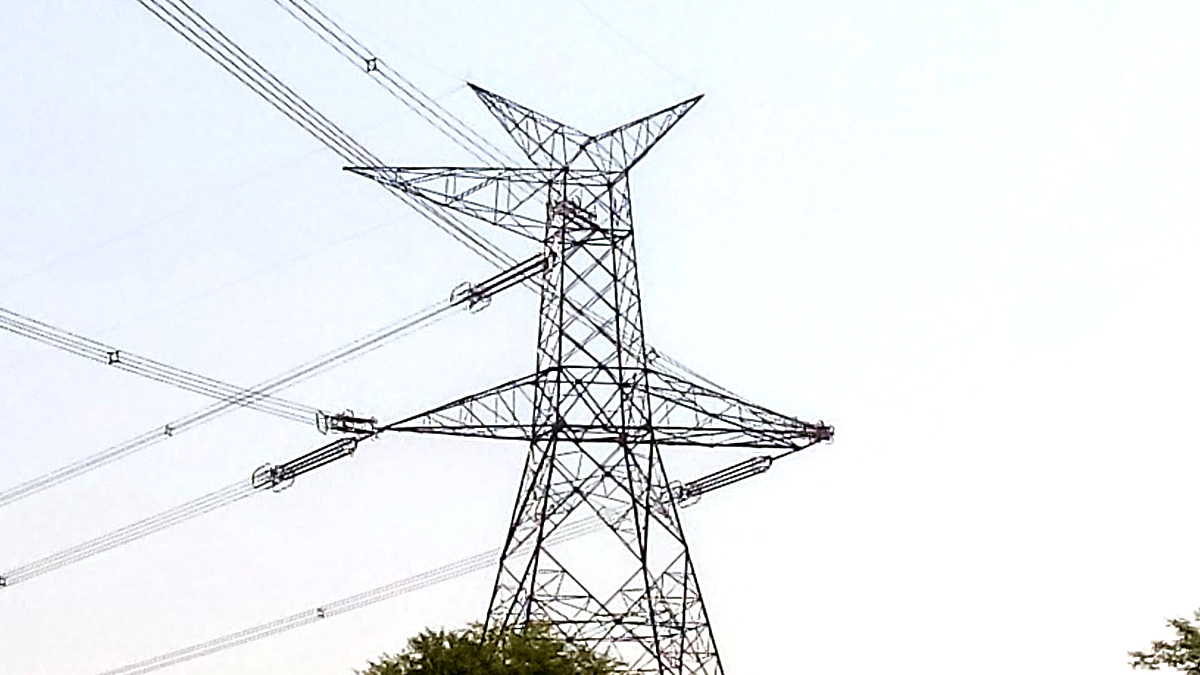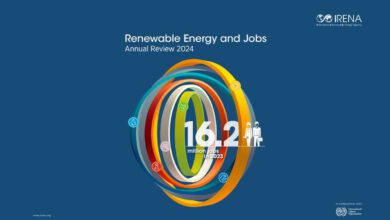With the re-imposition of lockdown restrictions in many parts across the country, the all India electricity demand is likely to decline by 5.0% to 6.0% in FY2021 over FY2020, against ICRA’s earlier estimate of 1.0% degrowth made in April 2020. The revised energy demand de-growth estimate assumes demand decline of 3.5 – 4.0% in Q2 and Q3 FY2021 and a marginal recovery of about 1.0% in Q4 FY2021, given the slower pace of recovery expected in industrial and commercial activity in the country. This in turn is expected to suppress the thermal PLF on an all India level to about 50-51% in FY2021 against rating agency’s earlier estimate of 54% and from 56% in FY2020. The all India electricity demand declined by 16.2% in Q1 FY2021 on a year-on-year (YoY) basis, because of the lockdown imposed to control the Covid-19 pandemic. While the demand recovered from a YoY decline of 23.1% in April 2020 to 10.9% in June 2020 and further to 3.9% in the first 15 days of July 2020, the recovery was slower than earlier expectations of reaching pre-Covid-19 level in July 2020.
Given the adverse impact of Covid-19 on discom finances, the Government of India has announced a liquidity support of Rs. 900 billion for the state power discoms, in the form of loans against receivables, from Power Financial Corporation (PFC) and Rural Electrification Corporation (REC). However, there has been slow progress in off taking these loans so far; timely implementation of this scheme remains important to clear the outstanding dues to power generating companies, which stand at Rs. 1.17 trillion as of May 2020.
The audited book losses for discoms at all India level for FY2019 have also been revised upwards to Rs. 496 billion against the provisional estimate of Rs. 280 billion reported earlier (Source : Report on Performance of Discoms by PFC). The losses have reached closer to the pre-UDAY level, because of the inability of the discoms to reduce the distribution loss levels in line with the regulator approved trajectory and delays in pass-through of cost variations to customers through tariff revisions.
In this context, the Government has proposed several reforms through amendments to the Electricity Act 2003 and National Tariff Policy, in the form of installation of prepaid meters, direct benefit transfer for subsidy, uniformity in appointment of regulators and privatisation of discoms in Union Territories among others. However, the timely implementation of these reforms, so as to improve the operating efficiencies and enable timely pass-through of cost variations in tariffs, remain crucial for sustainable improvement in financial profile of discoms.













